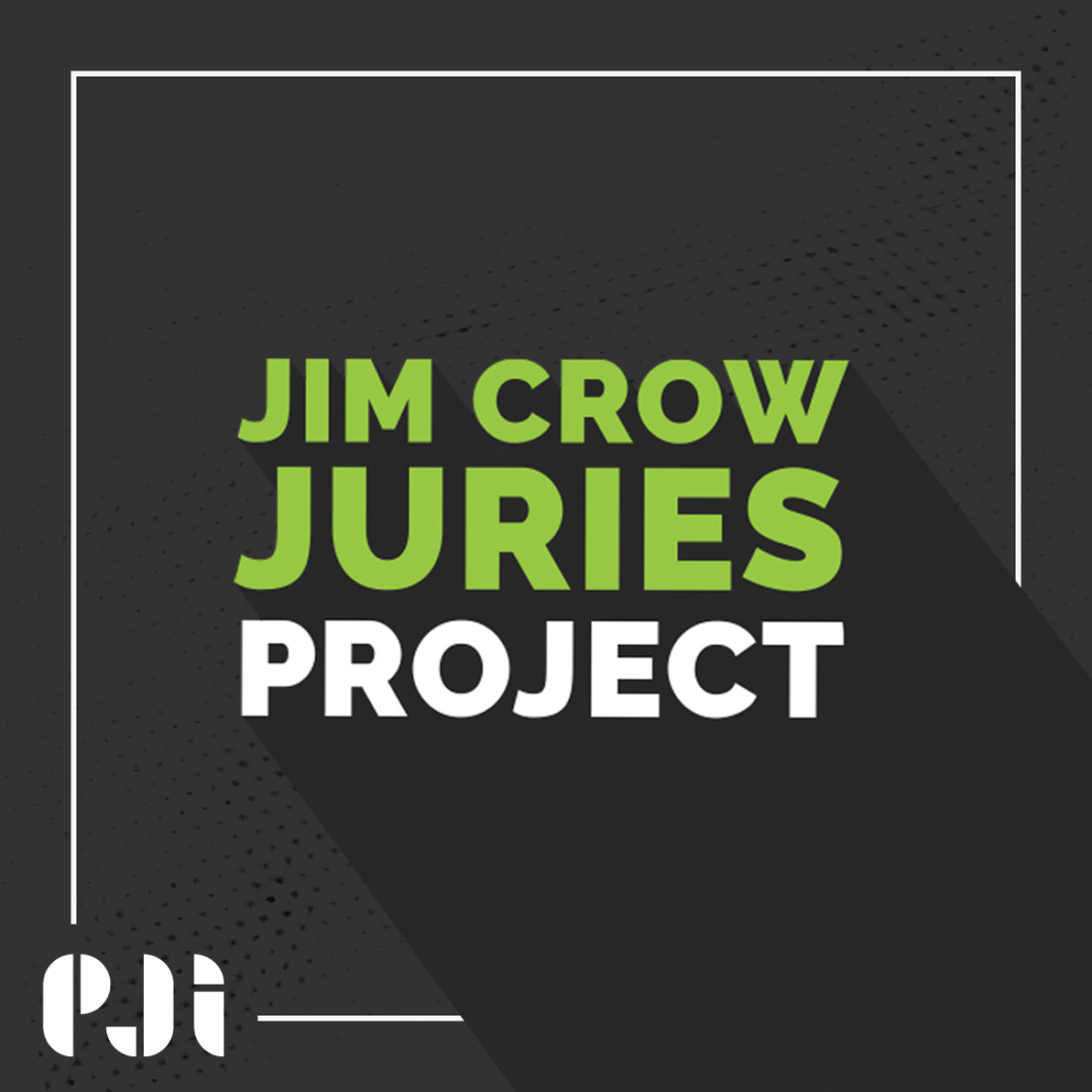Dykema Proudly Handling More Jim Crow Juries Project Cases for The Promise of Justice Initiative Than Any Other Pro Bono Partner
Press Mentions
11.25.20

Starting in January 2020, Dykema, a leading national law firm, became involved with The Promise of Justice Initiative’s (PJI) Jim Crow Juries Project aimed at combatting systemic racism. In collaboration with some of the firm’s clients, Dykema is working pro bono with the PJI as co-counsel to address the injustice stemming from Jim Crow laws passed in Louisiana in the 1800s that permitting non-unanimous jury verdicts in criminal matters. The laws were initially a state-sanctioned way to benefit plantation owners by replacing lost slave labor with prison labor. Despite the passage of civil rights laws in the years since, these Jim Crow laws persisted on the books. These laws condemned thousands of people to life in prison, even if some jurors disagreed, resulting in wrongful convictions and helping make Louisiana the world’s leading incarcerator.
PJI’s Jim Crow Juries Project is an unprecedented litigation campaign to restore justice to the more than 1,500 Louisianans who are still in prison due to non-unanimous jury convictions in state criminal trials, which were declared unconstitutional under the Sixth Amendment by the U.S. Supreme Court on April 20, 2020, in Ramos v Louisiana. The landmark decision applies to future cases and is currently not being applied retroactively, leaving people already serving sentences due to non-unanimous verdicts—including life without possibility of parole—to remain in prison. Through its work with the PJI, Dykema and its clients are helping to restore justice for those who remain imprisoned as a result.
Dykema and the PJI have been extremely busy in their efforts, as Federal criminal procedure dictates that these filings take place within a year of the April SCOTUS decision. According to the PJI, no other law firm has handled more cases for the project than Dykema.
On December 2, the Supreme Court will hear oral arguments on whether to apply their decision in Ramos retroactive. See Edwards v. Vannoy.
In order to learn more about the Jim Crow Juries project and the racist history of these now unconstitutional laws, please view this four-minute video.

